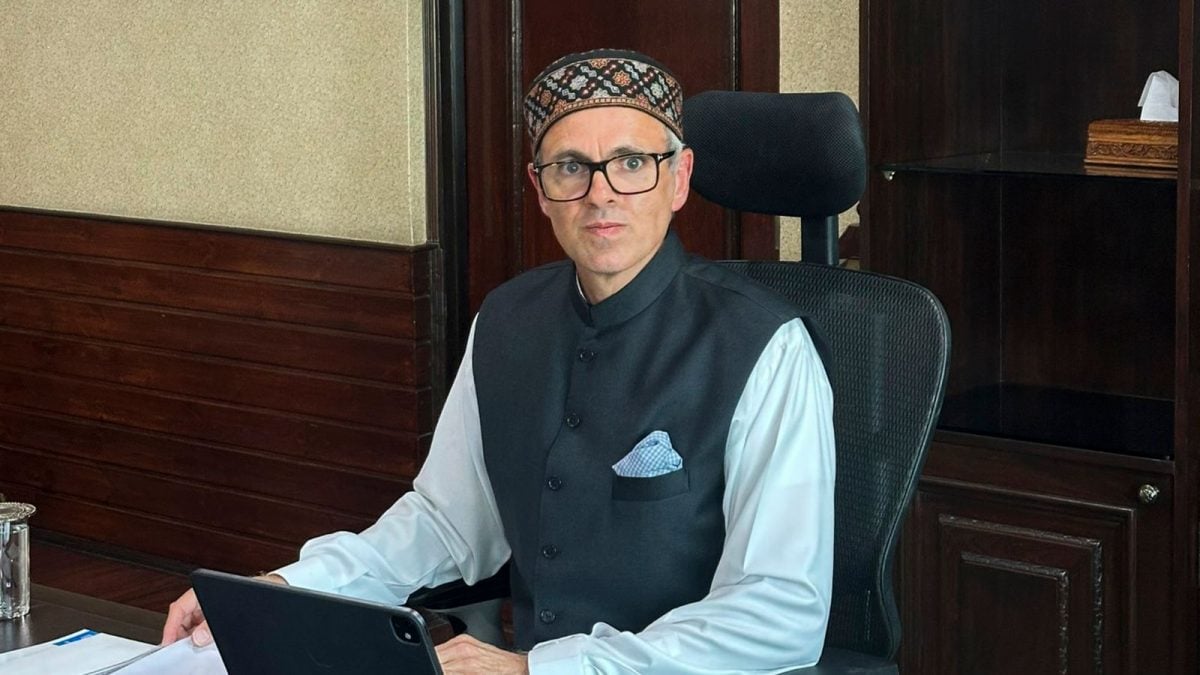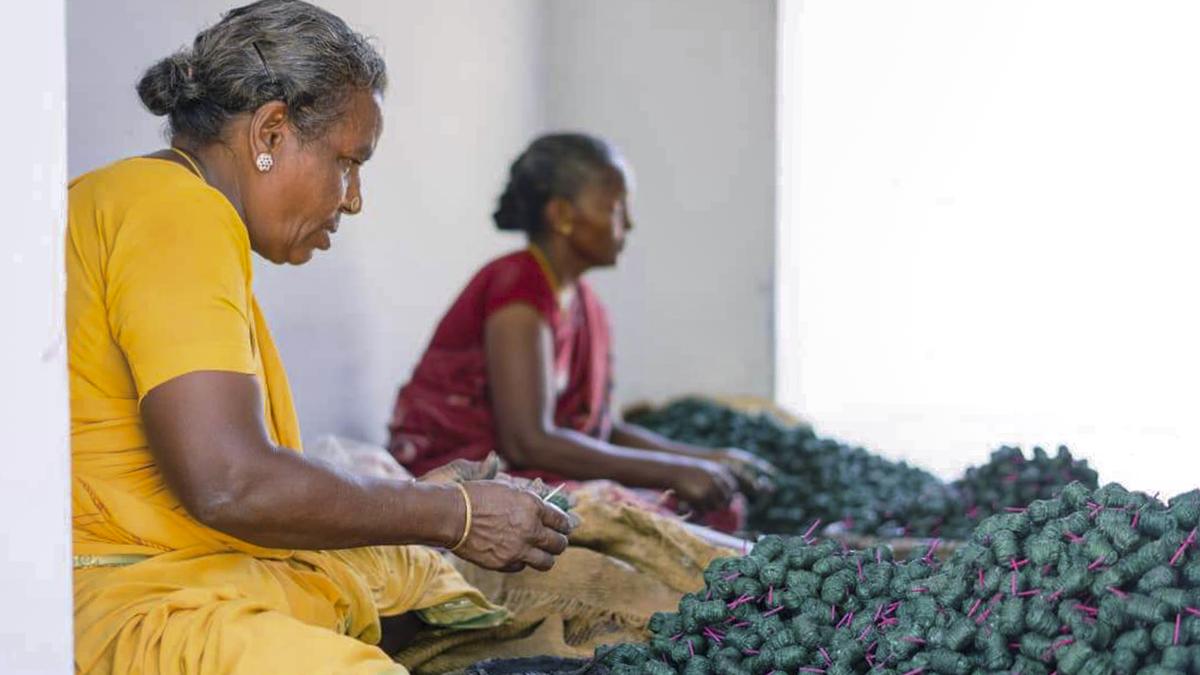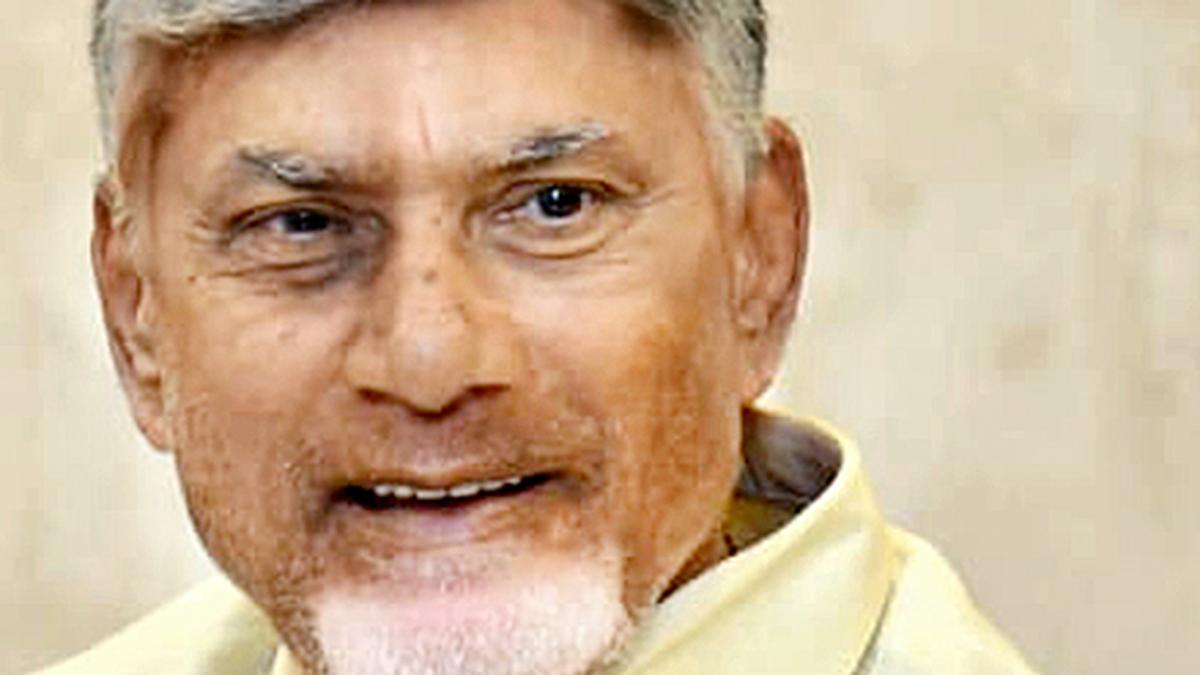While Chief Minister Siddaramaiah is set to hold a review of the ongoing Social and Educational Survey, the Greater Bengaluru Authority (GBA) officials remain worried about the progress in their limits which is under 40% as on Saturday.
On Sunday, the corporation commissioners and senior officials are scheduled to submit a report to Chief Minister Siddaramaiah explaining why the completion rate continues to hover around 40%, compared to 90% achieved by other districts. The commissioners will also be requesting the Chief Minister to extend the survey deadline and will recommend how many additional days may be required to complete the survey within GBA limits, based on the issues hindering the exercise within the city limits.
“Even with continuous monitoring at all levels, completion has reached only 40%. Teachers have been instructed to work until 9 p.m. on Sunday to cover as much as possible. Areas have also been identified where people are not cooperating and are misbehaving with the enumerators,” the official said.
The initial deadline for completing the survey was set for October 7. However, recognising the role of teachers, who form the majority of the enumerators, the Karnataka government extended the deadline for them until October 18.
RWAs blamed
“The slower progress in Bengaluru is largely due to its high concentration of apartment complexes and large residential buildings. In majority of the apartments, our survey teams have not been allowed entry. We are spending hours convincing office-bearers of resident welfare associations (RWAs) who restrict access at the gates. These same residents contact us during floods or other emergencies, but now, during the survey, they are denying us entry,” said a GBA official.
Moreover, in areas without electricity meters, unique household IDs (UHIDs) were often generated only when survey teams arrived. However, in apartment complexes and rented accommodations, multiple UHIDs were issued for a single property.
“For example, one for the owner and separate ones for tenants. There is another for a common space, for which rent is paid by the same owner. This goes for commercial spaces too, resulting in figures that appear inflated. These irregularities have made it difficult to obtain a clear picture of the actual number of households and surveys completed,” a senior official noted.
Misinformation circulating among residents has added to the challenges. “We received reports of WhatsApp messages instructing people not to share survey details, claiming that the information could be leaked or misused,” the official said, adding that public cooperation is the only way for the survey’s success.
Data to guide services
One of the commissioners, speaking on the condition of anonymity, pointed out that the last such survey was done in 2017 and data had also been used to plan essential civic services, such as deputing auto-tippers, garbage vehicles, and pourakarmikas to different areas based on waste generation and population.
“Bengaluru’s population has grown significantly since 2017, especially in the North and East corporation areas, and we need to update information for such crucial and effective planning. Residents should understand that the survey helps authorities plan resources and services efficiently. Many take to social media to highlight issues but do not cooperate when officials visit them to collect information,” he said.

 7 hours ago
4
7 hours ago
4









 English (US) ·
English (US) ·